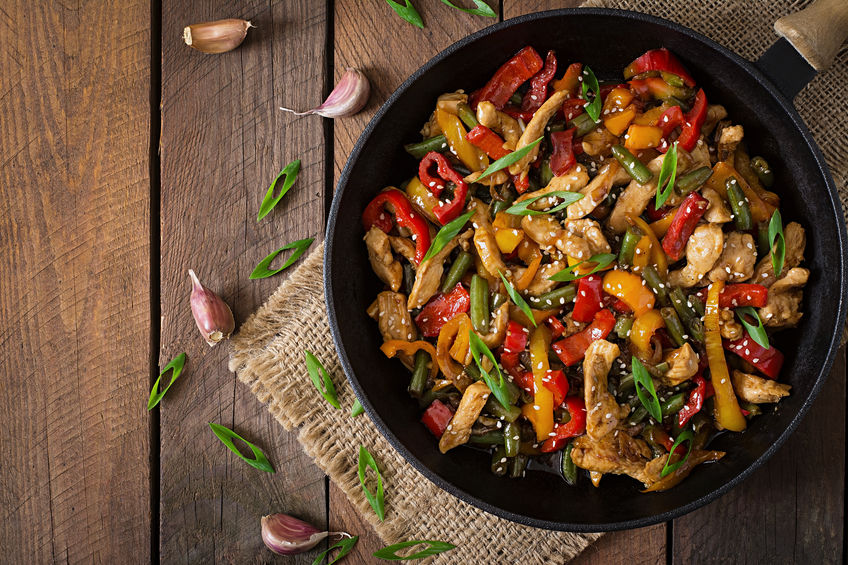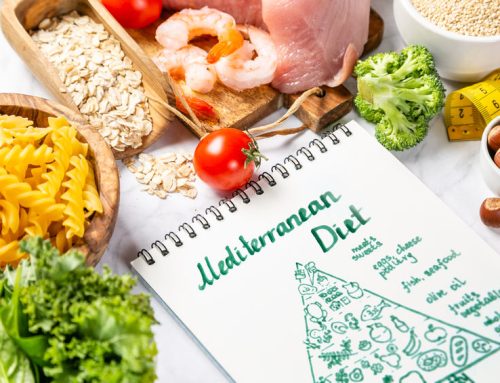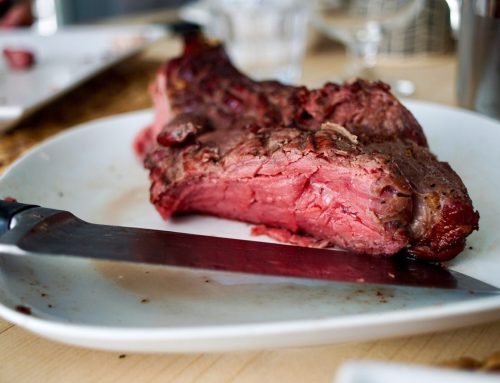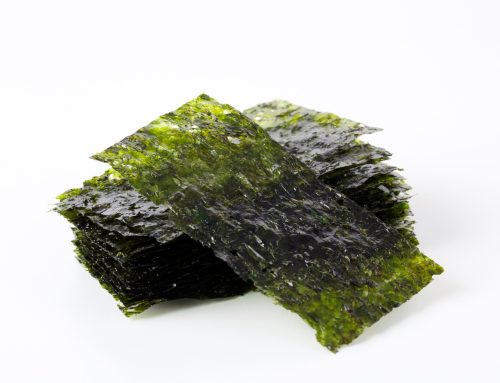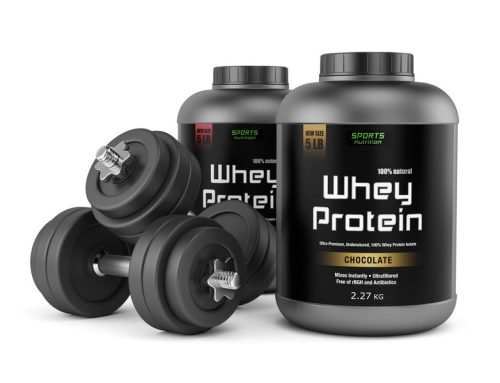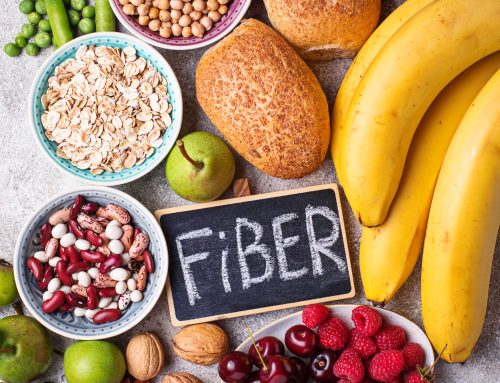Plant-based diets are one of the biggest diet trends of 2020. I eat a plant-based diet, since fruits and vegetables are my mainstays. But I also eat lean protein, including fish and chicken.
What is a Plant-Based Diet?
A plant-based diet is a way of eating that consists mostly or entirely of foods derived from plants, including vegetables, grains, nuts, seeds, legumes and fruits.
Thomas Colin Campbell, a Cornell University biochemist, claims responsibility for giving the plant-based way of eating its name. He said he coined the term in 1980 to “help present his research on diet to skeptical colleagues at the National Institutes of Health,” according to The New York Times.
Is a Plant-Based Diet Different From a Vegan Diet?
According to Fatima Cody Stanford, MD, an obesity medicine physician scientist at Harvard Medical School, a plant-based diet consists of eating few to no animal foods, while a vegan diet eliminates all animal foods and products — everything from meat and leather products to eggs and cheese.
Plant-based diets are also different from vegetarian diets, which eliminate all meat, fish and poultry.
While religious, cultural, or ethical reasons often motivate veganism and vegetarianism, plant-based diets are often done for health and environmental reasons.
Plant-based diets also often place an emphasis as well on whole foods.
What are the Benefits of Plant-Based Eating?
Maya Feller, a New York-based registered dietitian, outlines some of the benefits:
- Lower blood pressure
- Clearer and tighter skin
- Improved fasting blood sugars
- Lower circulating blood lipids
- Reduced risk of developing chronic illnesses
“Cutting back on animal products also means skipping much of their saturated fats, which are notorious for clogging pores. On top of the health benefits, eating plant-based cuts down on animal products, which helps combat climate change.”
What are Good Things To Eat On a Plant-Based Diet?
Wendel, of Forks Over Knives, places an emphasis on eating whole, minimally processed foods within a plant-based diet.
- The best guide is does the food still look somewhat like it does when you take it out of the ground?
- When you cook a potato, it still looks like a potato.
- The more a food is like that the more you can lean on that in your diet and lifestyle, for health benefits.
- Fresh vegetables and fruits are a big part of a plant-based diet, as well as nuts, whole grains and legumes.
- Seafood and meat products can also, on occasion, be part of a plant-based diet.
- Make starchy foods, such as beans, rice, sweet potatoes, quinoa, and chickpeas, the center of the plate because that has the energy to sustain you.
- Then surround it with vegetables.
What About All The Packaged Foods Advertised as ‘Plant-Based’?
Deirdre Tobias, Assistant Professor of Nutrition at the Harvard School of Public Health, discusses the emphasis on eating whole foods on a plant-based diet raises the question of what to make of all the packaged plant-based products on the market, from kale chips to meat-free burgers.
- So many diets that are restrictive or have a buzz name have nothing in their description about the quality of their food, and that’s something that is really important.
- A lot of these plant-based products might still be highly processed and have a lot of sodium and saturated fats.
- Be careful about plant-based being used as a marketing tool.
- She recommends being a “savvy shopper” and shopping for your plant-based diet in part of the grocery store where fruits and vegetables live, the produce aisle.
- Make your own plant-based foods because vegetables are there for you.
- You don’t have to be purchasing packaged, processed foods.
Are There Any Downsides To a Plant-Based Diet?
Not really, according to Tobias:
- For heart disease, diabetes, cancer, all of the major chronic diseases, there are no downsides to eliminating meat products from your diet for any of those.
- If anything, the evidence shows that by going plant-based you would be benefiting your long-term survival and reducing the risk of those diseases.
- Fruits and vegetables, fiber, nuts and legume have also all been proven to be good for weight loss and to keep weight off long-term.
Click here to read full article about plant-based diets.


